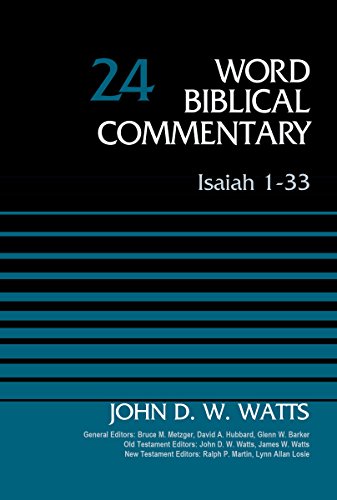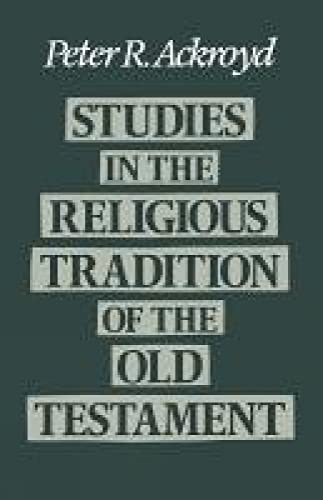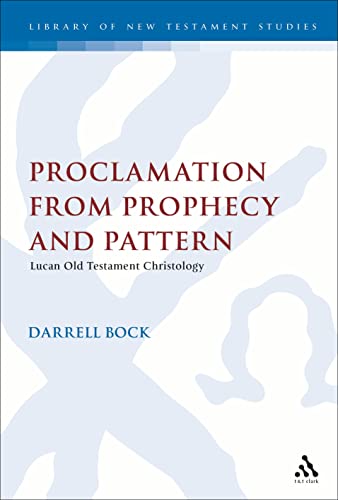Hostility to Wealth in the Synoptic Gospels
Written by Thomas E. Schmidt Reviewed By Robert WilloughbyThomas Schmidt’s work, which began life as a PhD, researched at Tyndale House, seeks to elucidate the attitude found in the synoptic gospels towards wealth and possessions.
Schmidt’s thesis is strongly critical of the sociological method to which we have become accustomed in recent years. Theissen, Mealand and Gager, in differing ways, have sought to demonstrate that the primary determining factor giving rise to hostility to wealth was the socio-economic condition of the deprived communities responsible for the production of the synoptic gospels. Mealand comes in for special criticism on the grounds of his assumption of theological diversity caused by progressive accommodation to the changing economic conditions assumed to be prevailing from ad 30 to 70. Schmidt questions that it really was civil unrest that led to the Jewish war. Issues such as overpopulation, the tax burden, natural disasters and class conflict have, according to Schmidt, been exaggerated, leading to an over-negative appraisal of the socioeconomic climate of the immediate pre-war years.
Schmidt prefers to elucidate the development of the ideological background. He classifies hostility to wealth into five different stages (p. 44): 1. Injustice = greed; 2. Injustice = wealth; 3. Wealth = injustice, so value something more than wealth; 4. Value something instead of wealth; 5. Devalue wealth in order to value something else. Whilst these stages are never neatly chronological, Schmidt does discern a development up to the point of the writing of the gospels.
Beginning with the ancient Near Eastern material, Schmidt describes a reciprocative community in which charitable behaviour towards the poor was seen as the religious-ethical duty of the rulers, without ever threatening the social structures of that society. No conception of social equality is to be discerned. Turning to the Jewish canonical material, Schmidt points out a certain satisfaction with the status quo along with the ideas of wealth as a confirmation of God’s covenant in response to justice and acknowledgment of him. Here, however, we do find developments towards the idea that ‘Wisdom is better than gold’: this in the writings not of the poor agrarian masses, but of the political, religious and economic hierarchy. The inter-testamental writings reflect a time of less apparent control over the texts by the ruling aristocracy, but with no corresponding increase of interest in economic factors. Philo consistently expresses hostility to wealth but not out of sympathy for oppressed Jews. At Qumran references to themselves as ‘poor’ cannot be taken as reflecting economic need but a particular religious self-awareness. With this Schmidt completes his survey of the developing tradition, concluding that hostility to wealth is largely a preserve of the upper classes and quite independent of socio-economic conditions.
Schmidt’s treatment of the synoptic material reveals considerable parallels with the Wisdom tradition. Here he finds a consistent lack of substantial sympathy for the poor, alongside a teleological devaluation of wealth. Even Luke is found to present dispossession not as a means of relieving the poor but as a way of expressing faith and trust in God. Schmidt finds little evidence that socio-economic conditions influenced the gospel writers in their attitude to wealth. In one remarkable passage (pp. 119–120), based upon 2 Cor. 8:9, Schmidt gives hesitant support to the theory that Jesus himself was not poor but hailed originally from an upper middle class background. All of which fits the theory already embraced.…
A counterblast to sociologically oriented treatments of the NT was overdue and we must be grateful to Schmidt for this stimulating and indeed provocative work. It is, nevertheless, sometimes difficult to accept his thesis. The lines of development are less easy to discern than he would have us believe. Moreover, he tends to play down the sheer severity of prophetic denunciations. Lk. 6:20 and 7:22 amongst other texts might be understood differently. Perhaps the major weakness is the concentration solely upon sayings with a clear statement about wealth, failing to balance them against other statements concerning the poor. Furthermore the thesis lacks a unifying appreciation of the new state of affairs brought about by Jesus’ preaching of the kingdom of God.
So the thesis fails finally to convince, but does provide a useful corrective to the approaches it seeks to attack.
Robert Willoughby
London School of Theology, (formerly London Bible College), Northwood






